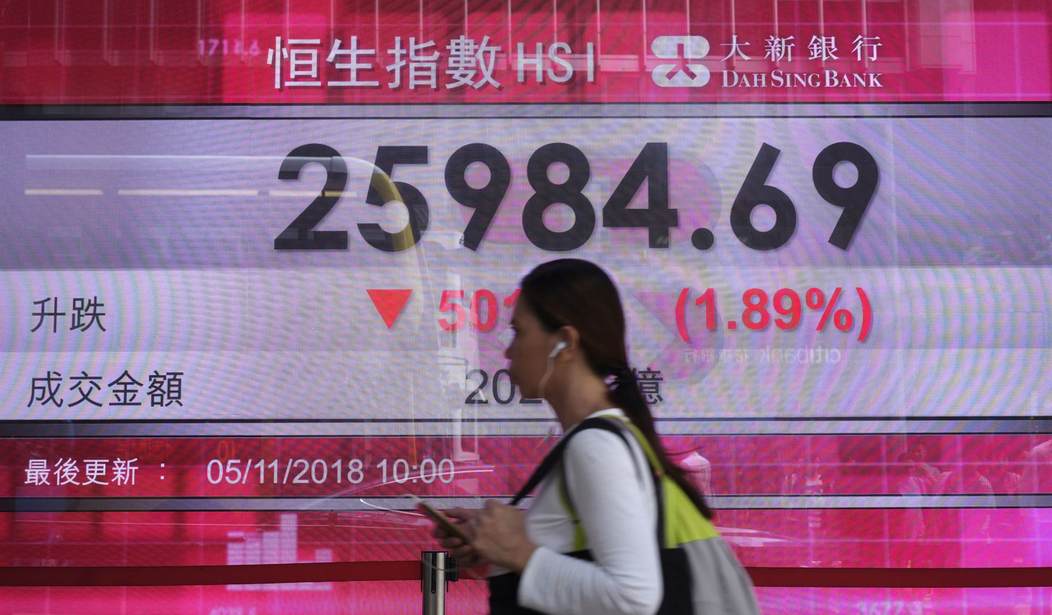Yesterday, the House passed — unanimously — a new law imposing United States accounting standards on all foreign companies that are listed on US stock exchanges.
The Senate has already passed the bill — also unanimously — and Pres. Trump is expected to sign it into law without delay.
The bill, the “Holding Foreign Companies Accountable Act,” requires that any foreign companies traded on US stock exchanges must prepare financial disclosures and audits in compliance with US accounting standards. The consequence of a failure to comply is that the company will be delisted by the exchanges. Compliance is to be enforced by the SEC in the same manner that it enforces accounting and audit standards on US companies.
It is no secret that the legislation is aimed squarely at Chinese companies that have listed themselves on US stock exchanges in order to access US capital markets. One provision in the new statute requires Chinese companies specifically to identify any Directors who are members of the Chinese Communist Party.
Most foreign companies traded on US exchanges already comply with US accounting standards, as most have operations inside the United States.
But Chinese owned companies operate under Chinese laws that prevent corporate records and audit papers from leaving China. In most respects, this leaves investors who purchase shares in the companies largely in the dark as to whether the company’s publicly reported financial condition is a true reflection of its actual financial condition.
The two countries did sign an agreement in 2013 — an Obama Administration foreign policy “achievement” on par with most others — that was supposed to provide greater access by SEC officials to audit papers of Chinese owned companies, but the agreement has never worked in practice in the manner envisioned, as it still relies on the willingness of Chinese government officials to provide access to the needed financial data.
Many major Chinese companies do not comply with American regulatory standards on accounting and financial audits. William Duhnke, chairman of the SEC auditing watchdog, known as the Public Company Accounting Oversight Board (PCAOB), said the Board has “no prospects” of being able to oversee disclosures and prevent accounting fraud in China as the Board still had no ability to verify numbers given to it by Chinese companies.
The passage of the statute follows some high profile collapses of Chinese companies listed on US stock exchanges only after having raised substantial capital. One of the most well-known involved the Chinese coffee company “Luckin Coffee” — touted as the Starbucks of China. Founded in 2017, the company opened over 4000 locations by early 2020.
In April 2019 Luckin was listed on the NASDAQ stock exchange at an initial public offering price of $17 a share. The price rose to as high as $23 a share in first-day trading.
But an accounting scandal uncovered by “short selling” firms revealed that sales figures for Luckin in China had been ridiculously inflated, and the operations of 4000+ stores were unsustainable at the rate the company was losing money. A subsequent investigation — by the Chinese — disclosed that Luckin’s sales in 2019 had been overstated by more than $300 million. By mid-April, the share price was down by over 80%, and Goldman Sachs seized all stock holdings of the company’s Chairman after he defaulted on a $500 million margin loan.
According to a government report, there are 217 Chinese companies listed on NASDAQ, the New York Stock Exchange (NYSE), and NYSE American, with a total market capitalization of $2.2 trillion. Some are also traded on foreign exchanges, and may simply allow themselves to be delisted in the United States while remaining on those foreign exchanges.
But the US stock exchange markets have one significant difference from most foreign exchanges — companies are allowed to become publicly traded before they show net profitability, unlike in many foreign stock exchange markets. This allows start-up companies — often companies with cutting-edge technology advances — to go into the equities markets to raise money from investors for development and advancement based on projected future earnings.
Taking this action will likely result in greater Chinese government financing of developing companies in China — with the risk of failure to rest on the Chinese government rather than investors in United States equities markets. The Chinese had adamantly worked to prevent the passage of this legislation, and there is much uncertainty about how China might react — especially in response to a Biden Administration (maybe).













Join the conversation as a VIP Member